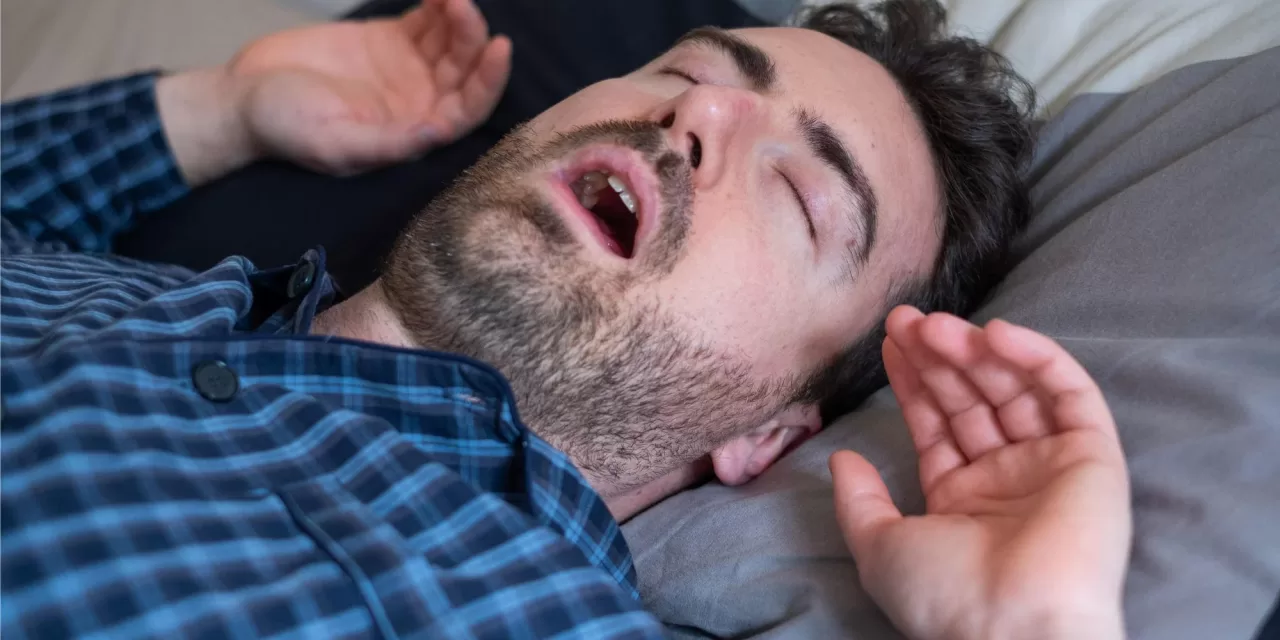Lancaster, PA – If your thunderous snoring is sending your partner to the guest bedroom, it might be more than just an annoyance; it could be a sign of sleep apnea, a serious but treatable condition.
Dr. Daron Kahn, a pulmonologist and sleep medicine specialist at Penn State Health Lancaster Medical Center, is raising awareness about this often-overlooked disorder during Sleep Apnea Awareness Month in March. He highlights that while approximately 30 million Americans suffer from sleep apnea, only 6 million are diagnosed, leaving millions needlessly suffering.
“A lot of people come in with their bed partner, who reports loud snoring or pauses in breathing,” explained Kahn. “Others say they never feel refreshed. They sleep all night and wake up still tired.”
Sleep apnea occurs when breathing repeatedly stops during sleep, sometimes hundreds of times per night. These pauses, lasting 10 to 30 seconds or more, are often caused by the relaxation of throat muscles that block the airway, a condition known as obstructive sleep apnea.
Risk factors include weight, anatomy, and genetics. Symptoms extend beyond snoring and include gasping or choking during sleep, morning headaches, difficulty staying asleep, and daytime fatigue.
Untreated sleep apnea can lead to severe health consequences, including cardiovascular disease, hypertension, heart failure, stroke, type 2 diabetes, and even eye diseases. “The biggest health concern is cardiovascular disease,” warns Kahn. “It also increases your risk for hypertension, coronary artery disease, heart failure and stroke.”
Diagnosis involves a sleep study, either in a lab or at home, to monitor breathing and other vital signs. Treatment options range from lifestyle changes like weight loss and exercise to medical interventions like CPAP machines, oral appliance therapy, and even surgical procedures.
Dr. Kahn recommends evaluation for anyone experiencing loud snoring, breathing pauses during sleep, daytime fatigue, or difficulty controlling blood pressure or heart problems. “Treatment can be life-changing,” he stresses. “We’ve had people who couldn’t get through their workday without naps and needed 12 cups of coffee daily. After CPAP, no more naps, less coffee and improved heart function.”
Provided by Pennsylvania State University.
Disclaimer: This article provides general information and should not be considered medical advice. If you suspect you have sleep apnea or any other medical condition, please consult with a qualified healthcare professional for proper diagnosis and treatment. The information provided herein is for informational purposes only and does not establish a doctor-patient relationship.Individual results may vary, and the information presented here is not a substitute for professional medical advice. Always consult your physician or other qualified health provider with any questions you may have regarding a medical condition.












